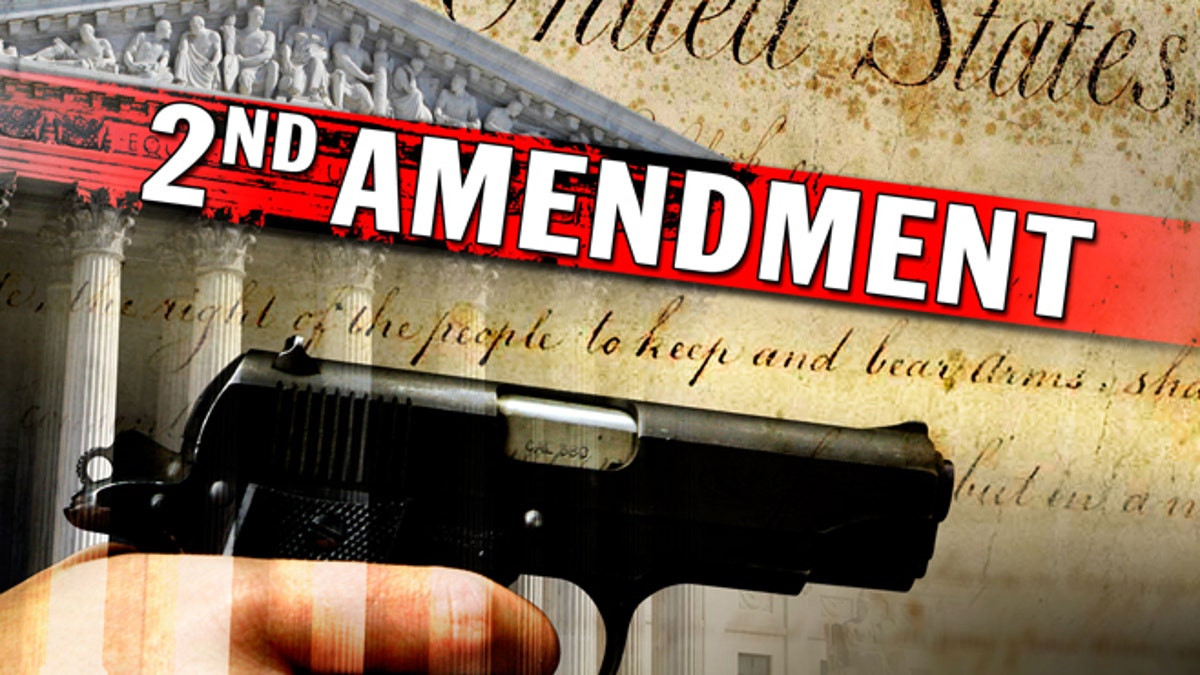
(AP)
Last week, in a 2-1 decision, the U.S. 9th Circuit Court of Appeals overturned a restriction on carrying concealed handguns. The court held that carrying a handgun “outside the home for the lawful purpose of self-defense, though subject to traditional restrictions, constitutes ‘bear[ing] Arms’ within the meaning of the Second Amendment.”
The question of whether the Second Amendment right to bear arms extends to the public is contentious. The 7th Circuit agrees with the 9th Circuit that carrying a gun outside the home is protected by the Constitution, but other courts (the 2nd, 3rd and 4th Circuits) are unsettled on the issue.
[pullquote]
This issue should be a no-brainer.
Few people, if any, would dare suggest that any of the other Bill of Rights be limited to the privacy of one’s home.
Does free speech end in the home? No. Do Fourth Amendment privacy rights end in the home? No. So why should the right to bear arms end in the home?
Rights outside the home are sometimes more limited, but they always exist. The right to privacy, for example, is reduced outside the home because of the lowered expectation of privacy. But the Fourth Amendment still applies outside the home.
First Amendment rights to free speech also exist outside the home, albeit in a more limited fashion. For example, the government has a right to impose content-neutral, reasonable time, place and manner restrictions, on expression in public.
The Constitution seeks to balance individual rights with the need for government to ensure public safety. Restrictions on gun ownership and on carrying a firearm are constitutionally permissible. Universal background checks are constitutional and a good idea. Required training and background checks to obtain a concealed carry permit are permissible.
Regulating the carrying of guns in public makes sense, but unreasonably restricting the right to defend oneself with a gun outside the home conflicts with how every other right is applied.
Eugene Volokh, a professor of constitutional law at UCLA, that explained "California's rules . . . [on concealed carry] . . . are essentially unconstitutional because the rule is: your right to carry a gun is at the mercy of the sheriff." Imagine having a sheriff arbitrarily decide who can exercise their right to free speech or right to privacy. How is this any different?
Proponents of the right to gun ownership in public point to the Second Amendment’s language “keep and bear arms.” Logically, the right should not only be to “keep” but also to “bear” firearms. The verb “bear” would mean to carry outside the home.
But one does not need to only scrutinize the language of the amendment to understand that all of the Bill of Rights extends beyond the home. The Second Amendment is no exception.
In 2008 and 2010, the U.S. Supreme Court ruled that owning a firearm, for traditionally lawful purposes, is an individual right protected by the Second Amendment , subject to reasonable regulation by the government.
The Supreme Court, however, did not yet decide the issue of whether gun rights extend outside the home. When they do decide this issue, it must be consistent with the fact that the rest of the Bill of Rights extends to the public.
